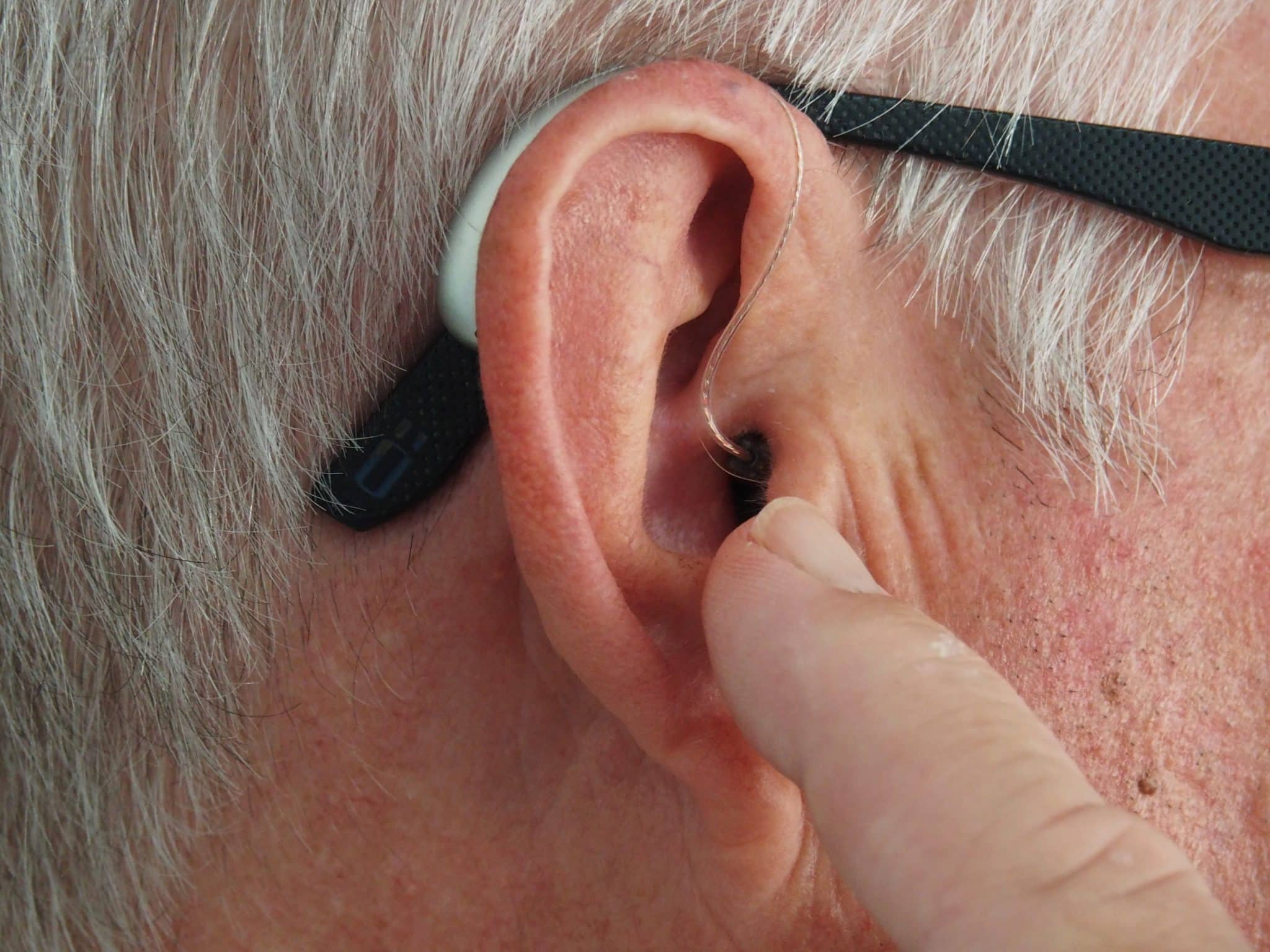One of the most common causes of hearing loss is exposure to excessive noise.
This often occurs in people who are exposed to loud occupational noises, such as construction or factory workers who spend hours every day surrounded by loud machinery.
Even brief contact with noise that reaches unsafe decibel levels can lead to noise-induced hearing loss.
Causes of Noise-Induced Hearing Loss:
Noise-induced hearing loss can be caused by recreational activities, occupational hazards, or a one-time exposure to an intense “impulse” sound. Recreational activities that can lead to noise-induced hearing loss include target shooting, hunting, snowmobiling, playing in a band, and attending loud concerts. Listening to mp3 players at a loud volume is a new but very prevalent cause of noise-induced hearing loss. Other home hazards include using lawnmowers, leaf blowers, and woodworking tools. Impulse sounds, such as an explosion, a firecracker, or a gunshot near the ear, can lead to permanent hearing loss as well. Occupational noise is the most prevalent cause of noise-induced hearing loss—OSHA estimates that 30 million people in the US are exposed to hazardous sound levels for their jobs every day. Nearly 125,000 people in the last decade have developed permanent noise-induced hearing loss from their workplace. Construction sites, factories, airports, and aircraft hangers are all workplaces with dangerous noise levels, as are any workplaces that use power generators, drills, or loud emergency sirens. Members of the armed forces also face a disproportionate amount of hazardous workplace noise—over 65% of returning combat troops from Afghanistan suffer from noise-induced hearing loss or acoustic trauma.How Can I Address Noise-Induced Hearing Loss?
The best way to confront the possibility of noise-induced hearing loss is to prevent it from developing at all. Noise-induced hearing loss is permanent and there is no surgery that can cure it, so prevention is the best approach. Long exposure to sounds 85 dB or above will often lead to noise-induced hearing loss. For reference, heavy city traffic is measured at 8 dB. A subway train can be as loud as 90 dB. If your workplace or recreational activities are louder than that, you are in danger of noise-induced hearing loss. Other questions to determine if noises are dangerous loud are:- Do you hear ringing or humming in your ears when you leave work?
- Do you have to shout to be heard by a colleague who is only an arm’s length away?
- Do you experience temporary hearing loss after leaving work?




